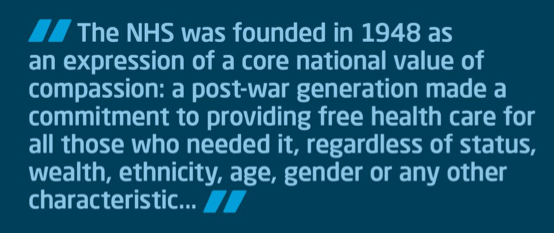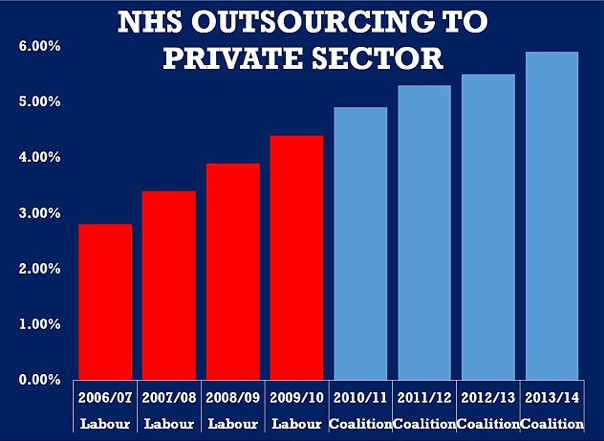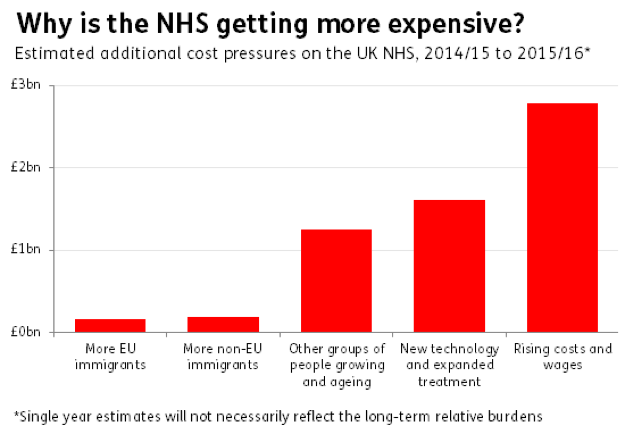Hot topics: privatisation. Is it as bad as it seems?
The privatisation of the NHS has been quite a controversial topic for many years now, especially since the establishment of the Health and Social Care Act 2012. It is no surprise that private companies have always played a role in the NHS whether that is with cleaning services, diagnostic procedures or security. But it is the ever-increasing involvement of private companies in the NHS that is proving difficult to take in, as it contends with the core values which were set in stone in 1948. These include, earning trust by insisting on quality and striving to get the basics right every time: safety, confidentiality, professional and managerial integrity.

In 2017/18 NHS providers spent £1.1 billion on services from non-NHS organisations, which included outsourcing elective hospital treatment in order to deliver waiting times targets. As stated before, the Health and Social Care Act 2012 was essentially the changing point in NHS privatisation. It provides for the most extensive reorganisation of the structure of the National Health Service in England to date. Subsequent to the enactment of that bill, the number of contracts awarded to private providers increased, however there was little evidence of the significant increase in spending on private providers and widespread privatisation. The Kings Fund organisation, which is an independent think tank involved with work relating to the health system in England, state that the “Health and Social Care Act 2012 did not begin the involvement of private sector providers in the provision of NHS services but that both the Blair and Brown Labour governments used private providers to increase patient choice and competition as part of their reform programme”.

In order to break this down and take a comprehensive look at the privatisation of the NHS, it is important to take into account the human psychology behind it. The question is, what exactly are people afraid of? The first priority of a private company is to make a profit for their shareholders, and in this case this profit will come out of the NHS budget. More importantly, making a profit requires the cutting of costs, which means that employees face lower wages and poor terms and conditions. Moreover, it could be said that private work is a waste of time as the private companies will focus on low risk, straightforward elective treatment and leave NHS providers to cope with complex specialist care- this depends on your perspective, as it can be seen as a good thing as well.

Some may say “Honestly, does it really matter who provides the care that we’re receiving?” Although there has been a major shift to private care since 2012, patients are still receiving care that is timely and free at the point of use. The provider of that care is much less important than the quality of care itself. I personally think that it’s time that we get our head out of the gutter, because the NHS is fighting a losing battle. It is important to get private institutions involved in order to improve the sustainability of the NHS or I’m afraid it may not last longer. In addition, I think it’s important to be more innovative with ideas such as the one adopted by Imperial College Trust, where funds made privately are re-invested back into the public CCG. This poses another question, can the NHS still stand on its own, or will it inevitably crumble? This particular topic and its solutions are still being heavily debated.
Article by Gideon Adegboyega
Edited by Elina Daitey










